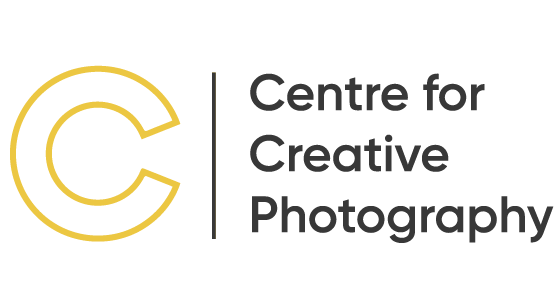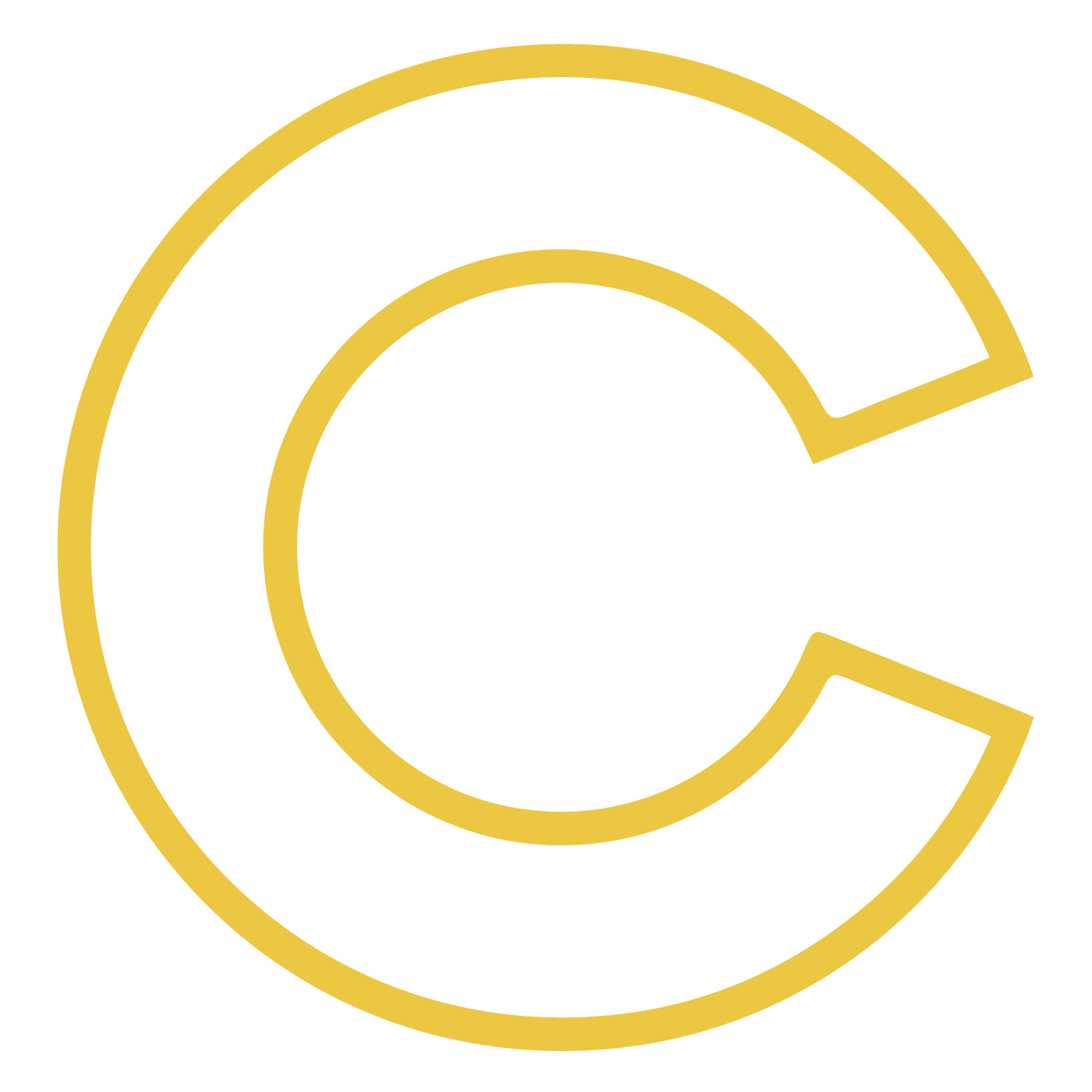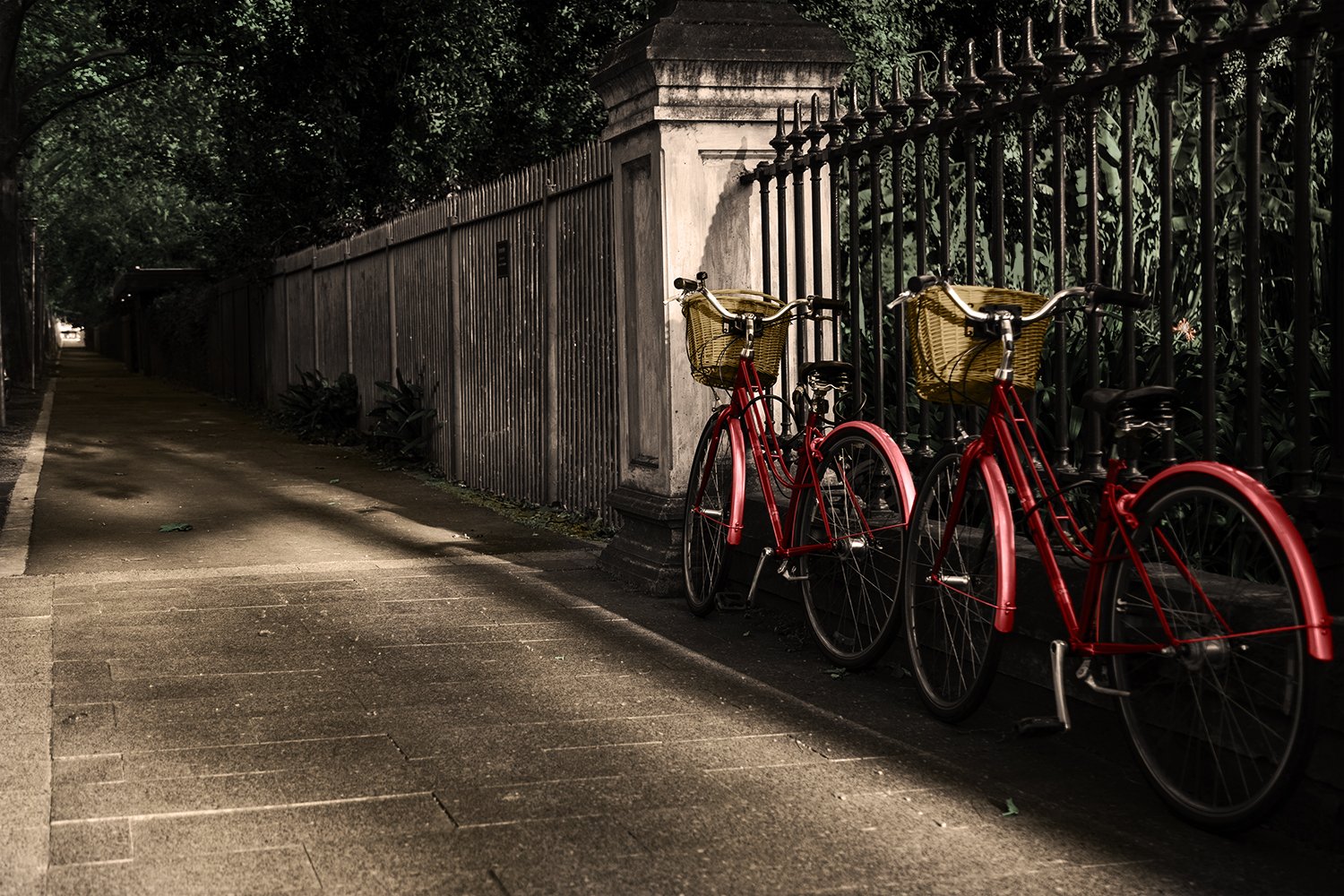Why study Introduction to Photography at the CCP?
We have a fair amount of students study with us that have a lot of camera knowledge before studying at the CCP. This week we set out to ask them exactly WHY they chose to study at the CCP. And more specifically, why would they choose to study Introduction to Photography?
“I was taught manual but only really in terms of numbers and meters , I didn’t really know how all the working parts exactly coordinated together or what each setting did.” sais Claire Cosh who has recently completed an Introduction to Photography at the CCP.
”I felt to take my photography to next level I needed to be confident I had a full understanding so I could make better technical choices in camera”
Often we hear people worry our Introduction to Photography course will be too basic for someone who might already have some experience with a camera. While in some cases we agree, more often than not we heard regret from students who decided to move onto the later classes before tackling Intro.
"I started Camera Portfolio 1 but chose to go back into Introduction to refine my skill set. I was actually surprised at how little I knew about photography and what I didn’t know about, I’m so glad I went back and studied Intro” said another student.
As lecturers here at the CCP we really love our introduction to photography course. Built by real life professional photographers, it has been refined and perfected over the 21 years we have taught it at the CCP. As a registered training organisation our courses must stand up to the photographic industry’s rigorous demands, and we are so confident in it, we believe it’s one of the best out there.
With all of the combined years’ experience of our lecturers, we know all about the pitfalls and potential gaps in a photography education. Gavin Blake, the Founder and Director recalls from his own learning experience: “An ‘F stop’ stands for Fraction - I didn’t know that for such a long time, and it was a shame because it’s fundamental. Small pieces of information that actually explain the greater whole of how things fit into the bigger picture can make a huge difference.”
Gavin built the first incarnation of the Introduction course from the ground up, including all the knowledge he wished he was taught at other institutions. Anyone who has ever seen Gavin’s first day demonstration of the Camera Obscura will agree - learning these basic fundamentals breaking down what it is we are really doing every time we take a shot. Learning what a camera is brings the magic into this machine we all own and carry around every day.
CCP Lecturer Gee Greenslade agrees: “I had no idea what the various exposure options were, spot, evaluative or centre weighted until I had been in the profession for a good 10 years. I came to the CCP to teach digital retouching, however I never anticipated until I sat in on an Introduction class that I would learn so much from Mark Goddard about basic camera skills I had just missed out on the importance of”.
We hear things like this constantly at the CCP, especially this past week as we have geared up for assessments. Even from those who thought they knew their camera well, we are always pleasantly surprised to be reminded how much new information they have taken away from the Introduction to Photography course.
Claire Cosh had taken on a few photography jobs before studying with us. She said the most important skill she learned in Intro was “trying different settings like shutter and aperture priority because I literally only knew how to shoot in manual LOL. I thought having full control of the camera was the only way to really trust it so it was good to open my mind to some handy alternatives to use in a tight environment”
We don’t mean to toot our own horn (well, arguably this whole post has been about tooting our own horn), but we think Intro rocks. We believe in giving photographers the best foundation possible and we would love for you to join us.
If you have any questions at all please always feel welcome to contact us, we’d love to have a chat.





